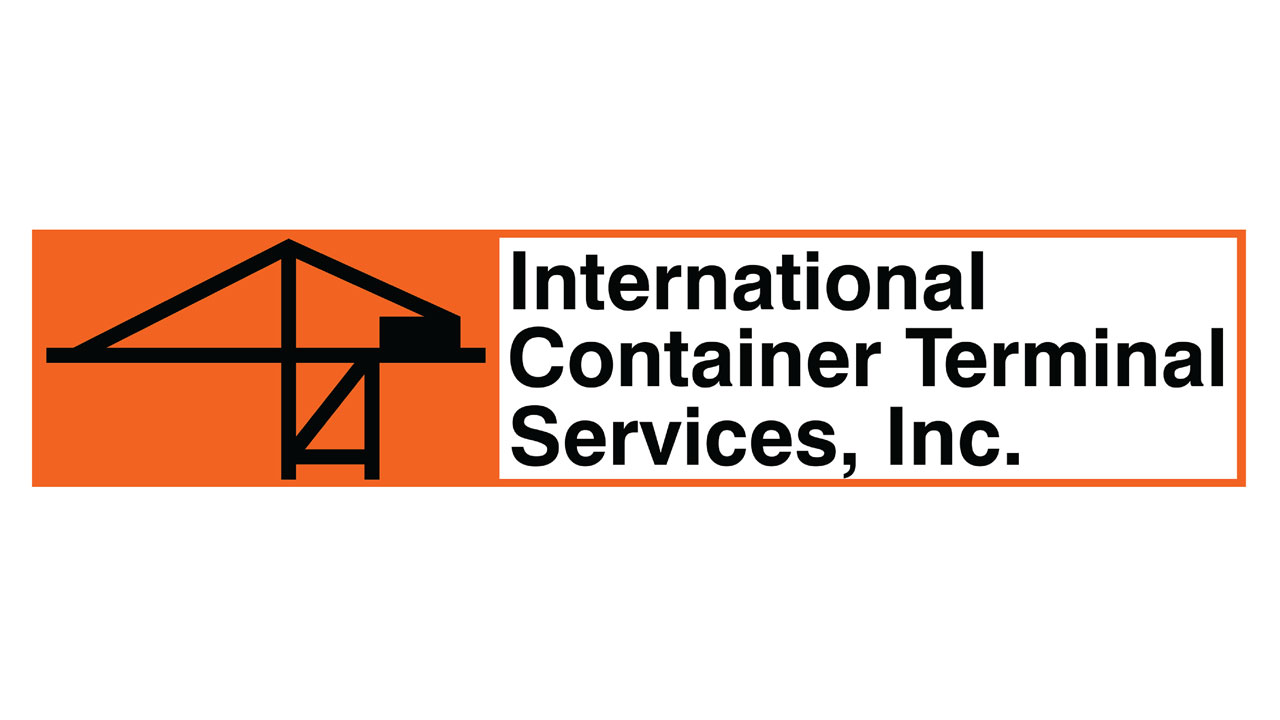ICTSI’s Melbourne expansion to operate by 2024

PHILIPPINE-LISTED International Container Terminal Services, Inc. (ICTSI) is set to start operating the first phase of the expanded portion of its port in Melbourne, Australia by 2024.
The project worth 235 million Australian dollars will allow Victoria International Container Terminal (VICT) to accommodate larger ships or two 336-meter vessels simultaneously, the company said in a press release on Monday.
“Once the [whole] project is complete, our operations will expand from five quay cranes to eight, adding three new-generation cranes, 10 new automatic stacking cranes (ASC), and 50% increased yard capacity,” said VICT Chief Executive Officer Bruno Porchietto.
Mr. Porchietto said the expansion will also allow the port to handle neo-Panamax vessels, which have a capacity of up to 14,000 twenty-foot equivalent units (TEUs).
“[It will provide] shipping lines with the opportunity to leverage economies of scale and thereby reduce supply chain costs — something that isn’t available at the Port of Melbourne’s Swanson dock terminals,” he said.
The expansion project at the VICT has two phases, with the first phase on track for completion in 2023 and the second phase scheduled for completion in line with market demand.
The first phase of the project will increase VICT’s capacity by 25% to 1.25 million TEUs. It will include two new quay cranes and six new ASCs, while the second phase involves the third quay crane and four ASCs.
ICTSI won the concession for the Melbourne-based terminal in 2014 to which it has invested more than 700 million Australian dollars for operations.
Under a separate proposal, ICTSI publicly shared a 500-million Australian dollar expansion of Webb Dock, which it believes will provide the lowest cost, most efficient and environmentally sustainable solution at the Port of Melbourne.
“ICTSI believes the proposal would be a key facilitator for the continued growth of the Victorian economy,” the company said.
To assess the merits of its proposal, it has engaged multiple firms such as Jacobs Engineering, which undertook a detailed technical assessment that includes estimated construction costs, and Boston Consulting Group, which made market and economic assessments. — Justine Irish D. Tabile



